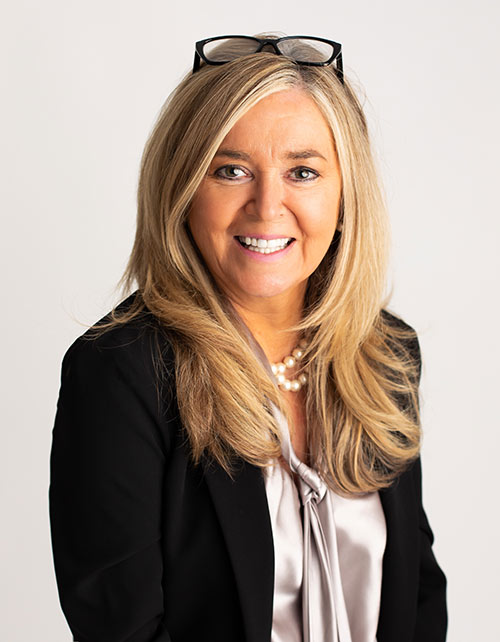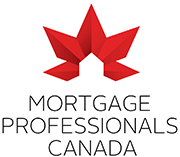The Victoria B.C. Mortgage Blog
Designing a Mortgage That's Right For You!
Getting the lowest mortgage rate depends on a number of factors. For instance, where you live can affect the lowest available rates. Ontario usually has the most competitive rates in Canada, in part because it has the greatest number of competitors. On the East Coast, you might pay one or two-tenths of a percentage point more than people in Ontario. Thanks to larger default risks in Alberta, sometimes you have to put down more equity to get the lowest rates. Manitoba has the cheapest six-month rates and Quebec has some of the best 10-year rates.
Another factor is how far off your closing date is. The cheapest rates go to “quick closes” of 30 to 45 days. The further into the future your closing date, the longer the rate guarantee you’ll need and the higher a lender’s rate hedging costs - and the higher your interest rate. Applying one month from closing can shave off one-tenth to two-tenths of a percentage point from your rate, but the risk is that rates jump even more while you’re waiting.
Lenders prefer to finance purchases, which means mortgages for new buyers sometimes have lower rates than mortgages for refinances. Refinances, which essentially require a whole new mortgage, often have lower rates than mortgage transfers between lenders.
Some lenders charge more for high-rise condos, especially in cities where condo markets are arguably overextended. The same goes for cottages, co-ops, hotel condos, former grow-ops, larger multiunit residences and other non-standard structures, which lenders view as higher risk.
The cheapest rates in the country rarely apply to income-generating properties that the owner doesn’t live in. These deals are statistically a higher risk for lenders and investors, so expect a higher interest rate.
Your credit score also affects the rate you get. 680 is the most common minimum credit score to qualify for the best rates, especially if you have a higher debt ratio or a smaller down payment. To qualify for the best pricing you also need a two-year track record of managing your credit with no serious delinquencies.
In many cases, people with smaller down payments – less than 20 per cent – get better rates. That’s because their mortgage must generally be insured. Lenders like insured mortgages because someone else shares the risk of the borrower defaulting.
For lenders, bigger mortgages mean potentially bigger losses on default. This added risk results in rate premiums and stricter lending limits, especially on million-dollar mortgages without at least 25-per-cent to 35-per-cent down payments.
If you’ve just become self-employed, are on probation or you can’t prove one to two years’ worth of stable salaried income, it can cost you. You may also need a bigger down payment. Lenders want less than 40 per cent to 44 per cent of your provable income to go toward debt.
If you’re curious about the 'why' behind the rates you’re being offered for mortgages in Victoria, contact a mortgage broker with your questions.




 Corporate Office: Mortgage Architects
Corporate Office: Mortgage Architects